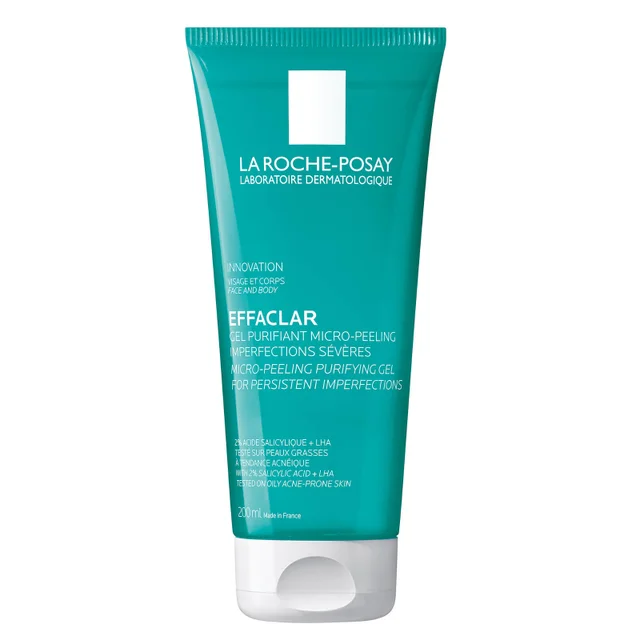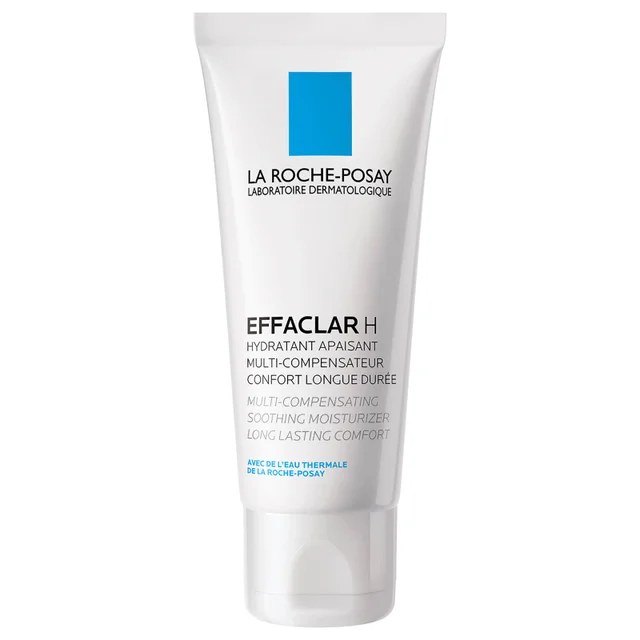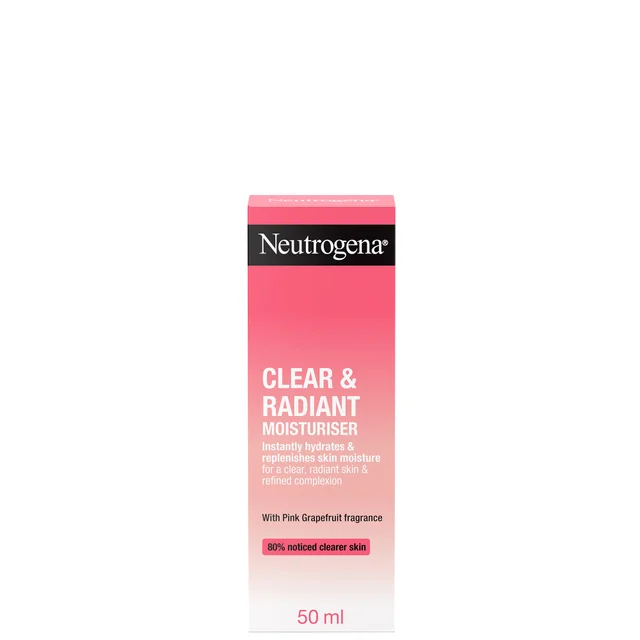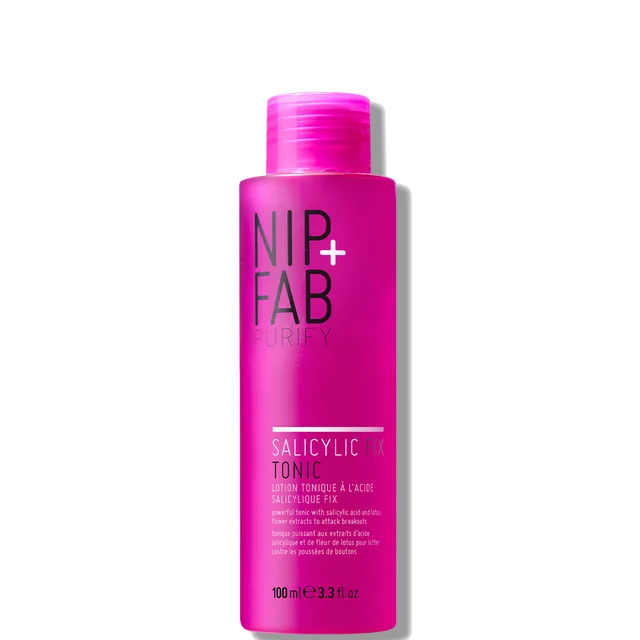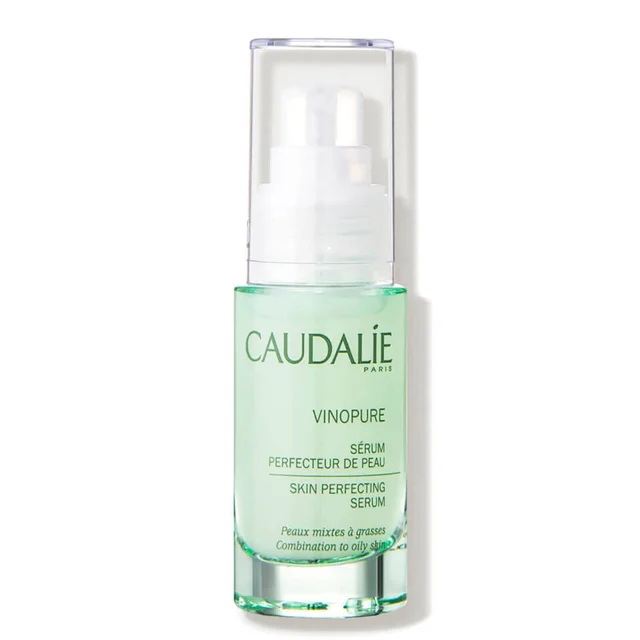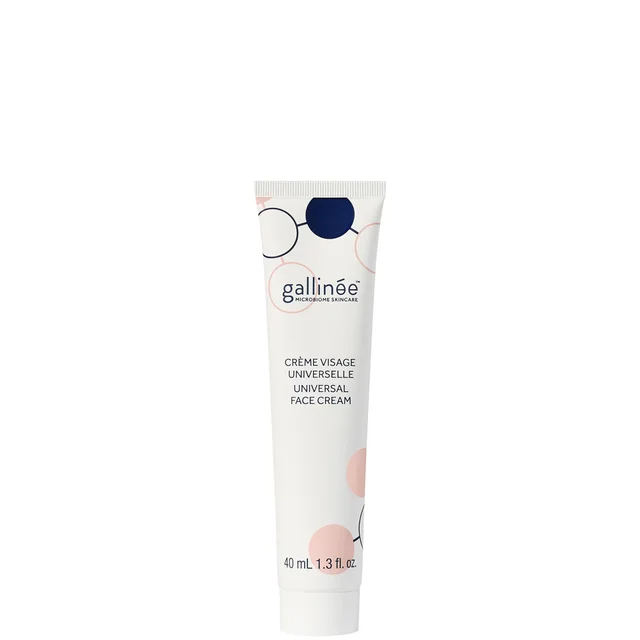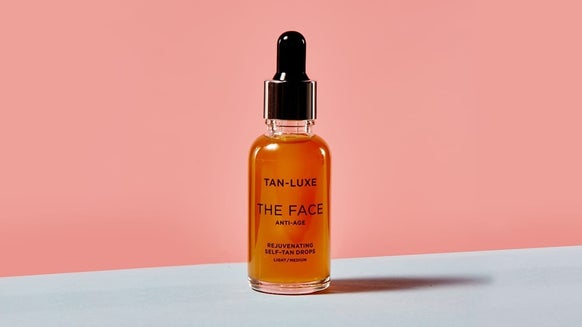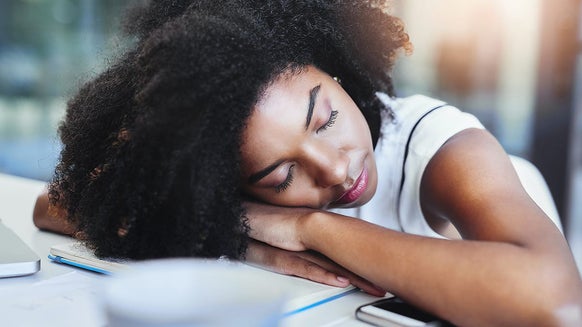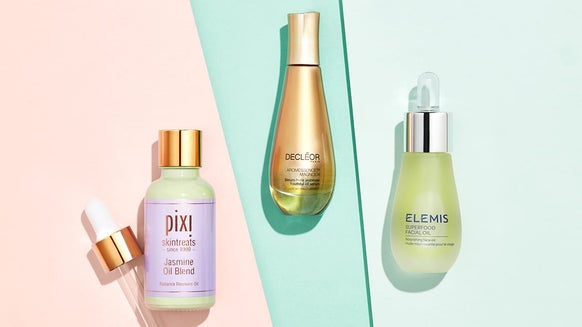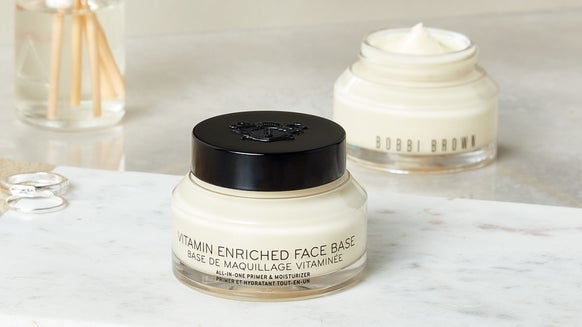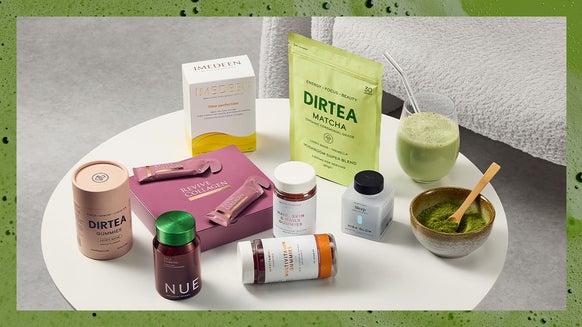How to treat acne at home
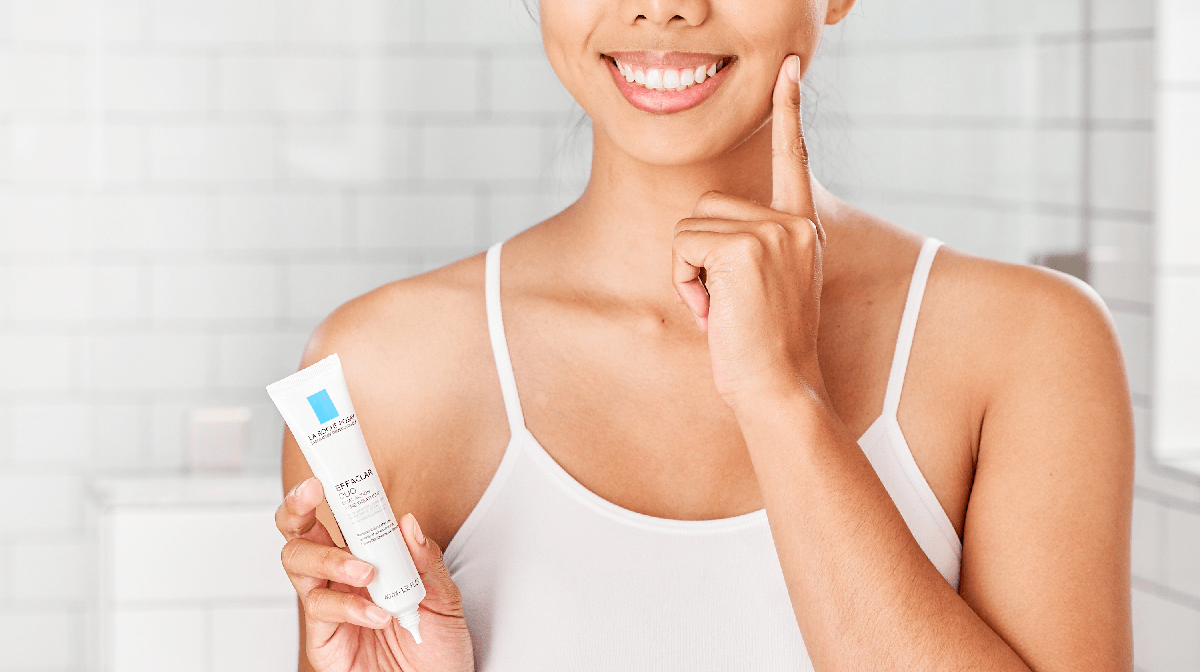
Even though we're all staying inside, a new spot is never a welcome addition to the face whether other people will see it or not. An inflamatory skin process, Acne can be caused by multiple different things, however one of the most common is our hormones. Hormones such as androgens, including testosterone, increase the production of sebum in skin, and this with dead skin cells can block pores, leading to inflammation and spots. This is the main culprit for the breakouts, that no woman seems to be immune from, that arrive just before their period. Acne can both lower confidence and in more severe cases can be painful, so it's important to treat the problem rather than just concealing it. If you have mild to moderate acne, it's best to start off with topical agents and the right skincare routine. We have teamed up again with expert skincare brand La Roche-Posay to discuss the main types of acne and the best tips and advice on how to treat acne at home!
How to treat Blackheads
Probably the one that we're all most familiar with, blackheads are an extremely common form of mild acne, which is easily identified by the dark colour of blemishes. Typically persistent and difficult to shift, blackheads are usually found around the nose area, forehead, or chin, otherwise known as the T-zone. Their dark colour is a result of the melanin in sebum oxidising as it is exposed to air and turning black. The good news is blackheads are usually symptom-less, so you shouldn’t experience any pain or discomfort from your spots.
If you want to get rid of your blackheads fast, Salicylic acid is going to be your new best friend. The keratoyltic action of the acid is great for treating blackheads because it exfoliates the skin and unclogs pores. Using treatments which help address the levels of sebum on the skin is also a good idea if you’re looking to prevent future breakouts such as an oil controlling cleanser or mattifying moisturiser.
How to treat Whiteheads
Whiteheads are formed in a similar way to blackheads, excess sebum blocks pores and becomes mixed up with bacteria and dead skin cells. When this process happens underneath the skin, and spots aren’t oxidised, as the name suggests, they become whiteheads rather than blackheads. As a result whiteheads are often miniscule, or completely invisible to the naked eye. You’ll usually find these spots lurking around hairlines and on chins, although they can appear anywhere on your body.
Whiteheads are also a mild form of acne and benefit from ingredients such as Salicylic acid and Benzoyl peroxide, these will work to reduce oil and unclog pores at home. Too try and clear some of these well hidden blemishes, try an exfoliating or peel of mask after steaming the face, followed by an oil free moisturiser.
How to treat Pustules
When pores become clogged with sebum and dead skin cells, sections of skin are sometimes caused to bulge, resulting in a pustule. Pustules are aptly named for the pus they contain as a result of an infection of a pore (we apologise if you were eating whilst reading this!). When a pustule is caused by acne it will become hard and painful, when this process occurs a pustule becomes a cyst, and your acne becomes cystic acne (see the below section on how to treat Cysts). Pustules are usually white lumps encased in red skin, which can grow quite large and appear on any part of the body. These are the most tempting to squeeze or pick but try to leave them to run their course and use the proper skincare to treat them!
Products containing salicylic acid are known for helping to minimise the appearance of pustules. Look for this alongside ingredients such as witch hazel and tea tree that have also been found to have clearing effects. Follow a consistent morning and evening skincare routine to keep skin cleansed and moisturised properly and avoid irritation.For those inflamed Pustules that need that extra attention, use a targeted treatment containing Benzoyl peroxide or Niacinamide directly on the blemish and leave it to work overnight.
How to treat Cysts
One of the more extreme cases of acne, Cysts are more prominent than blackheads and whiteheads, and there are lots of different types of cysts. All cysts are essentially pockets of tissues that are filled with pus or other materials. They can be found anywhere on the body and can be inflamed, smooth, painless, and also dark in colour. If ruptured or inflamed, cysts can become painful to touch, this is because they can form near a minor nerve ending. There are however, cysts that are simply painless lumps on the skin.
To treat a cyst follow the same skincare routine as you would for Pustles. Try to make your skincare routine consistent to not irritate the skin. Try using a cleanser and moisturiser that will balance the skins microbiome without clogging the pores. It is possible for cysts to fade away without any treatment, but many people find themselves wanting to be rid of cysts quicker than this natural process allows. We can't stress enough not to squeeze these ones though! Draining of a cyst should be done by a medical professional, as if done incorrectly this can lead to implosions or scarring.
If you commonly suffer with Cysts there are some lifestyle changes you can try to see if they help alleviate your acne slightly:
- Try eating a diet that encourages a healthy gut microbiome; although diet doesn't directly cause acne it may help influence symptoms.
- The sun is immunosuppressive and tends to supress inflammatory skin conditions such as acne, try and make the most of the summer weather in small doses using an SPF specifically designed for acne-prone skin to prevent against UV damage.
- Don't over cleanse! Harsh products can unbalance the delicate and naturally acidic pH of the skin barrier which often leads to dryness, irritation and conversely increased oil production as compensation.
If your acne persists, book in with your GP or Dermatologist to discuss further treatments.
Shop all products for acne-prone skin on lookfantantastic here.

Working with brands at LOOKFANTASTIC for over two years I have developed my knowledge of all things beauty from key skincare concerns to niche makeup tricks and haircare hacks. I have a major passion for finding effective solutions that are easily accessible to everyone so that we can all achieve our best, glowing complexion.

